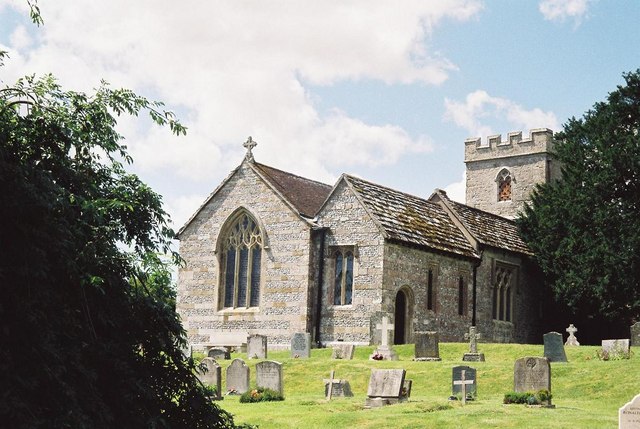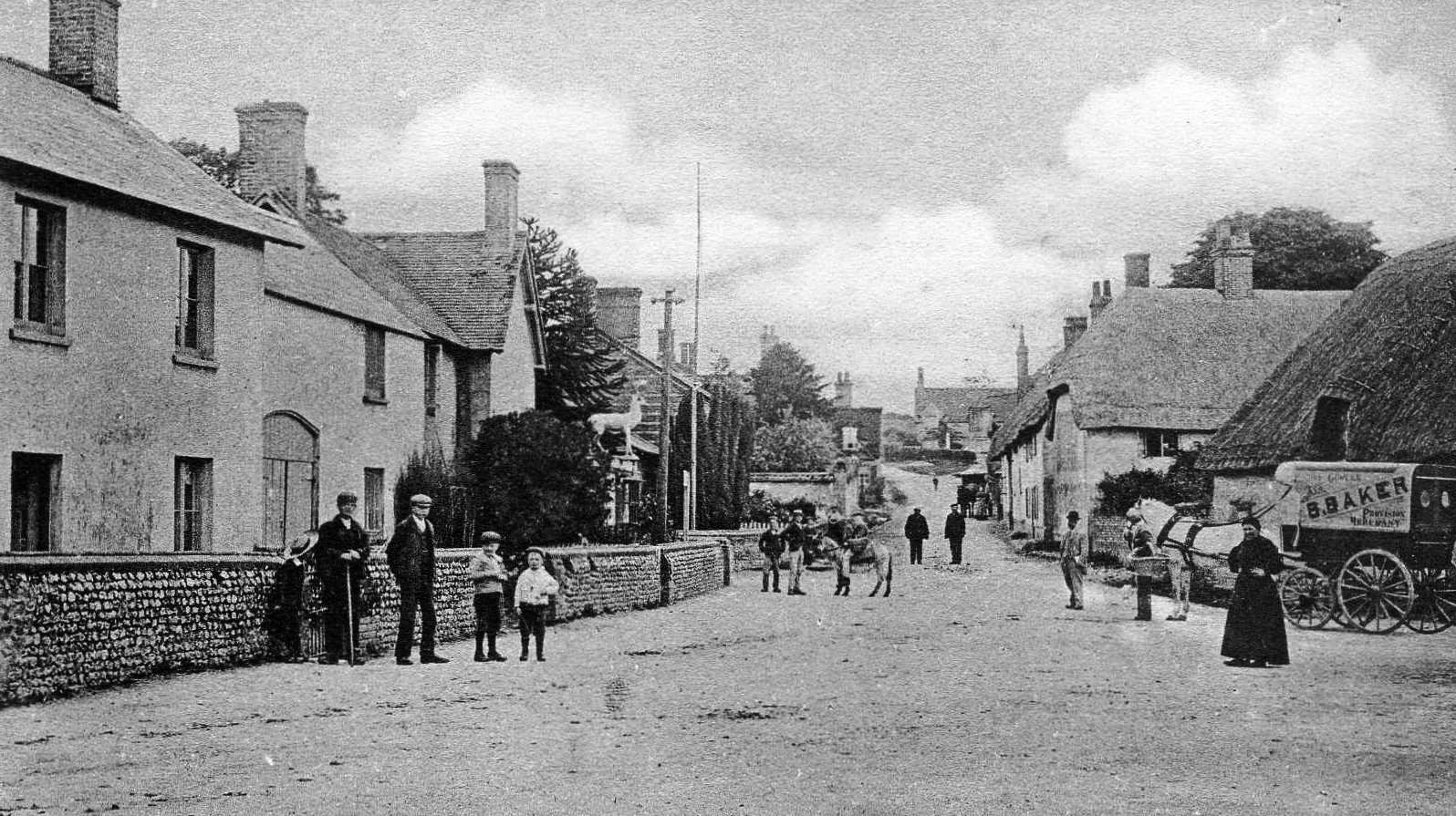|
Dewlish (liberty)
Dewlish Liberty was a liberty in the county of Dorset, England, containing the following parishes: *Dewlish *Milborne St Andrew (part) See also *List of liberties in Dorset Liberty (division), Liberties were an administrative unit of local government in England from the Middle Ages to the nineteenth century, co-existing with the then operative system of hundred (division), hundreds and boroughs but independent of bot ... Sources *Boswell, Edward, 1833: ''The Civil Division of the County of Dorset'' (published on CD by Archive CD Books Ltd, 1992) * Hutchins, John, ''History of Dorset'', vols 1-4 (3rd ed 1861–70; reprinted by EP Publishing, Wakefield, 1973) *Mills, A D, 1977, 1980, 1989: ''Place Names of Dorset'', parts 1–3. English Place Name Society: Survey of English Place Names vols LII, LIII and 59/60 Liberties of Dorset {{Dorset-geo-stub ... [...More Info...] [...Related Items...] OR: [Wikipedia] [Google] [Baidu] |
Liberty (division)
A liberty was an English unit originating in the Middle Ages, traditionally defined as an area in which regalian right was revoked and where the land was held by a mesne lord (i.e. an area in which rights reserved to the king had been devolved into private hands). It later became a unit of local government administration. Liberties were areas of widely variable extent which were independent of the usual system of hundreds and boroughs for a number of different reasons, usually to do with peculiarities of tenure. Because of their tenurial rather than geographical origin, the areas covered by liberties could either be widely scattered across a county or limited to an area smaller than a single parish: an example of the former is Fordington Liberty, and of the latter, the Liberty of Waybayouse, both in Dorset. In northern England, the liberty of Bowland was one of the larger tenurial configurations covering some ten manors, eight townships and four parishes under the sway of a ... [...More Info...] [...Related Items...] OR: [Wikipedia] [Google] [Baidu] |
County
A county is a geographic region of a country used for administrative or other purposesChambers Dictionary, L. Brookes (ed.), 2005, Chambers Harrap Publishers Ltd, Edinburgh in certain modern nations. The term is derived from the Old French denoting a jurisdiction under the sovereignty of a count (earl) or a viscount.The Oxford Dictionary of English Etymology, C. W. Onions (Ed.), 1966, Oxford University Press Literal equivalents in other languages, derived from the equivalent of "count", are now seldom used officially, including , , , , , , , and ''zhupa'' in Slavic languages; terms equivalent to commune/community are now often instead used. When the Normans conquered England, they brought the term with them. The Saxons had already established the districts that became the historic counties of England, calling them shires;Vision of Britai– Type details for ancient county. Retrieved 31 March 2012 many county names derive from the name of the county town (county seat) with t ... [...More Info...] [...Related Items...] OR: [Wikipedia] [Google] [Baidu] |
Dorset
Dorset ( ; archaically: Dorsetshire , ) is a county in South West England on the English Channel coast. The ceremonial county comprises the unitary authority areas of Bournemouth, Christchurch and Poole and Dorset (unitary authority), Dorset. Covering an area of , Dorset borders Devon to the west, Somerset to the north-west, Wiltshire to the north-east, and Hampshire to the east. The county town is Dorchester, Dorset, Dorchester, in the south. After the Local Government Act 1972, reorganisation of local government in 1974, the county border was extended eastward to incorporate the Hampshire towns of Bournemouth and Christchurch. Around half of the population lives in the South East Dorset conurbation, while the rest of the county is largely rural with a low population density. The county has a long history of human settlement stretching back to the Neolithic era. The Roman conquest of Britain, Romans conquered Dorset's indigenous Durotriges, Celtic tribe, and during the Ear ... [...More Info...] [...Related Items...] OR: [Wikipedia] [Google] [Baidu] |
Dewlish
Dewlish is a village and civil parish in the county of Dorset in southern England, and is situated approximately north-east of the county town Dorchester. The village is sited in the valley of the small Devil's Brook among the chalk hills of the Dorset Downs; the parish covers about and extends west to include part of the valley of the small Cheselbourne stream, and east to include a dry valley at Dennet's Bottom. The surrounding area is part of the Dorset Area of Outstanding Natural Beauty (AONB). In the 2011 census the parish had a population of 284. Dewlish was also the main part of the Liberty of the same name, including Dewlish itself and a part of Milborne St Andrew. Dewlish House One of the most significant properties in the area, Dewlish House was built in 1702. It served as the childhood home of John Michel (who later became a field marshal) from 1804 to 1823 and later served as his retirement home between 1880 and 1886. Recently owned by Mr and Mrs Anthony Boyden (fr ... [...More Info...] [...Related Items...] OR: [Wikipedia] [Google] [Baidu] |
Milborne St Andrew
Milborne St Andrew is a village and civil parish in the county of Dorset in southern England. It is situated on the A354 road, northeast of the county town Dorchester, in a winterbourne valley on the dip slope of the Dorset Downs. In the 2011 census the parish had 472 dwellings, 453 households and a population of 1,062. History Weatherby Castle is an Iron Age hill fort that encloses about on a spur of land about south of the village. Its structure comprises two concentric enclosures, though parts have been damaged by cultivation and ploughing. Pieces of Roman ware were found within the site in the 19th century. In 1086 in the Domesday Book Milborne St Andrew was recorded as ''Meleburne''; it had 10 households, 4 ploughlands, of meadow and one mill. It was in Puddletown Hundred and the lord and tenant-in-chief was Matthew of Mortagne. There were originally two settlements within the parish: St Andrew to the south of the Dorchester-Blandford road, and Deverel to the nor ... [...More Info...] [...Related Items...] OR: [Wikipedia] [Google] [Baidu] |
List Of Liberties In Dorset
Liberty (division), Liberties were an administrative unit of local government in England from the Middle Ages to the nineteenth century, co-existing with the then operative system of hundred (division), hundreds and boroughs but independent of both, generally for reasons of tenure. The following were the liberties in the county of Dorset and the areas they contained: *Alton Pancras *Bindon Liberty: :Chaldon Herring :Edmondsham (part) :Moreton, Dorset, Moreton (part) :Pulham (part) :West Lulworth :Wool, Dorset, Wool *Broadwindsor *Corfe Castle Hundred, Corfe Castle (also described as a hundred) *Dewlish (liberty), Dewlish Liberty: :Dewlish :Milborne St Andrew (part) *Fordington (liberty), Fordington Liberty: :Fordington, Dorset, Fordington :Hermitage, Dorset, Hermitage :Minterne Magna (part) :Stockland, Dorset, Stockland (part) (ie, Dalwood, transferred to Devon 1844) *Frampton (liberty), Frampton Liberty: :Bettiscombe :Bincombe :Burton Bradstock :Compton Valence :Frampton, Dorse ... [...More Info...] [...Related Items...] OR: [Wikipedia] [Google] [Baidu] |
John Hutchins (antiquary)
John Hutchins (1698–1773) was a Church of England clergyman and English topographer, who is best known as a county historian of Dorset. Life John Hutchins was born at Bradford Peverell, Dorset, on 21 September 1698. He was the son of Richard Hutchins (died 1734), who was for many years curate there, and from 1693 rector of All Saints', Dorchester. His mother, Anne, died on 9 April 1707, and was buried in Bradford Peverell Church. His early education was under the Rev. William Thornton, master of Dorchester Grammar School, and on 30 May 1718 he matriculated at Hart Hall, Oxford. In the next spring (10 April) he migrated to Balliol College, and graduated B.A. on 18 January 1722, but for some unknown reason became M.A. from Magdalene College, Cambridge, in 1730. Late in 1722 or early in 1723 he was ordained, and served as curate and usher to George Marsh, who from 1699 to 1737 was vicar of Milton Abbas and the master of its grammar school. In his native county Hutchins remained ... [...More Info...] [...Related Items...] OR: [Wikipedia] [Google] [Baidu] |


